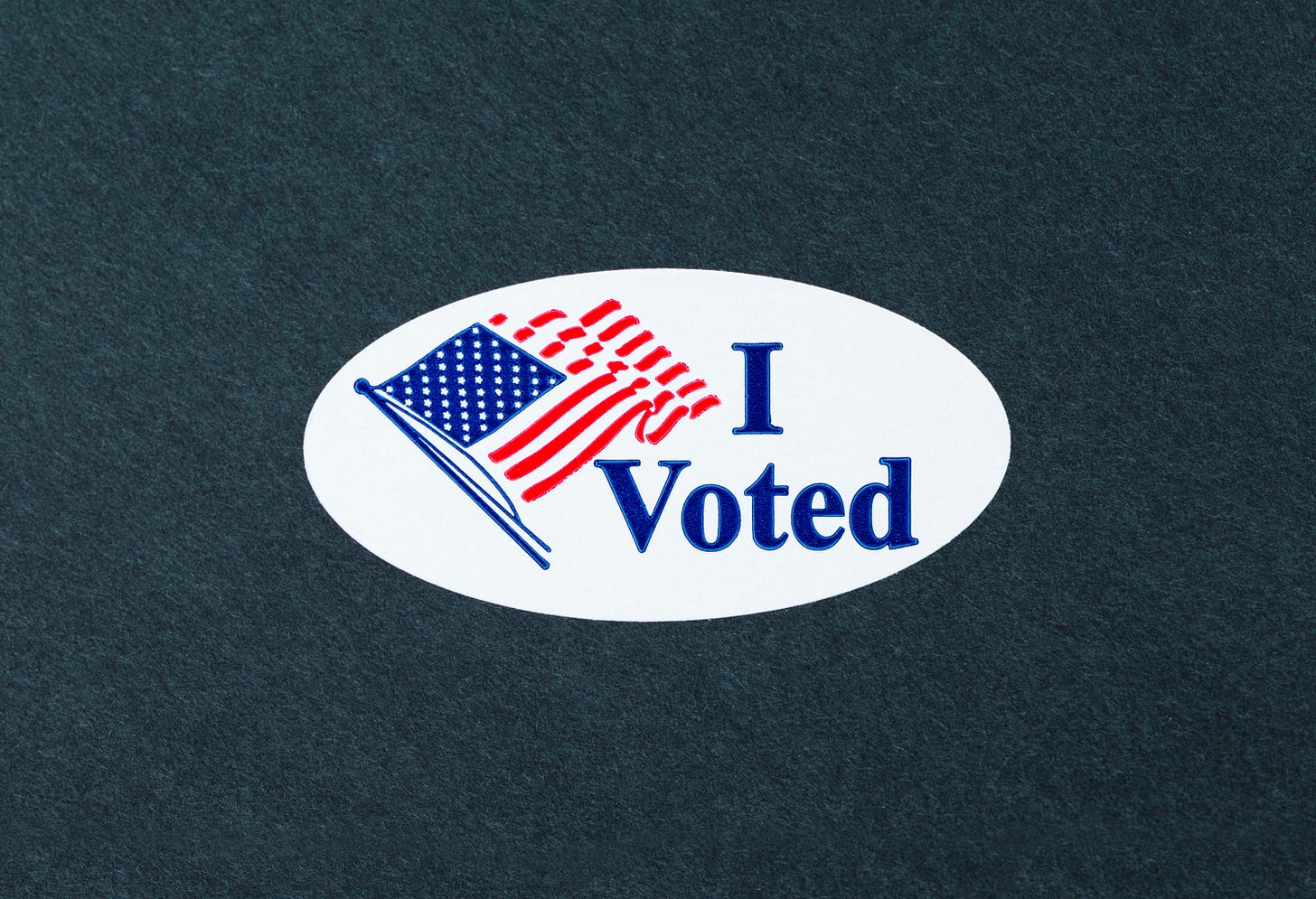Stay at Home. Vote at Home.
Congress can ensure that the coronavirus doesn’t kill the November elections, but it needs to begin treatment now.
Last week, Congress took steps to safeguard the economy with a major stimulus bill that puts cash in the hands of Americans. Now, having ameliorated the economic crisis for the time being, it’s time for Congress to address the coming political crisis, as governors have already begun to do. National elections are seven months away, and Congress needs to ensure they can be conducted securely and safely.
Policymakers must act quickly and decisively so voters don’t need to choose between protecting their health and exercising their civic duty. A new white paper for the Unite America Institute makes the case that the primary solution is expanding a secure option for voting at home.
In some states, voters an need excuse to request an absentee ballot. In others, they can freely opt-in to receiving mailed ballots permanently, or are automatically sent one. In the 17 states that currently require an excuse, legislators and executive branch officials should work quickly either to make the current pandemic a valid excuse, or to upgrade to a no-excuse-required policy, as Indiana and West Virginia have done.
At the same time, states must invest in the election infrastructure and training necessary to meet the forthcoming increase in demand. When implementing vote-by-mail systems, policymakers have a number of design choices to provide safe, secure, cost-effective elections. Security mechanisms like signature verification protect the integrity of vote-by-mail elections. In-person voting locations should be maintained, and voters should be able to drop off ballots at other secure locations that allow them to maintain social distance. To limit human error, optical scanners should count the ballots, and a risk-limiting audit should be used to verify election results.
To prepare such a system before November, states will rely on federal assistance for elections, which has precedent in times of crisis. In December, Congress appropriated $425 million to help states defend against foreign interference. The package President Trump signed into law last week included $400 million for the Election Assistance Commission to support states who implement vote-at-home systems. But that amount should be seen as a down payment on the estimated$2 billion needed.
Such reforms should appeal to both conservative and progressive priorities. For conservatives, voting by mail offers enhanced election security because of a strengthened paper trail. Colorado has mailed ballots to all voters since 2014, and in the three elections since, no voter fraud has been attributed to vote by mail systems. Subsequent research has found that the reform was responsible for a 3.3 percent increase in voter turnout across the board, including 2.8 percent among Democrats, 3.7 percent among Republicans, and 3.1 percent among unaffiliated voters. Vote by mail also saves taxpayer money over the long run by decreasing the need for provisional ballots and poll workers.
For progressives, the reform increases access to the ballot box for all voters, regardless of race, gender, socio-economic status, or educational attainment. Voting at home complements efforts to further enfranchise minority voters by giving them a new way to cast ballots, and it obviates voter ID laws.
If policymakers wait to reassess the coronavirus threat in the fall, it will be too late to upgrade vote-at-home systems and implement them in a way that ensures full participation and security. For less than 0.1 percent of what Congress just spent on to rescue the economy, they can – and should – rescue the general elections, too.


